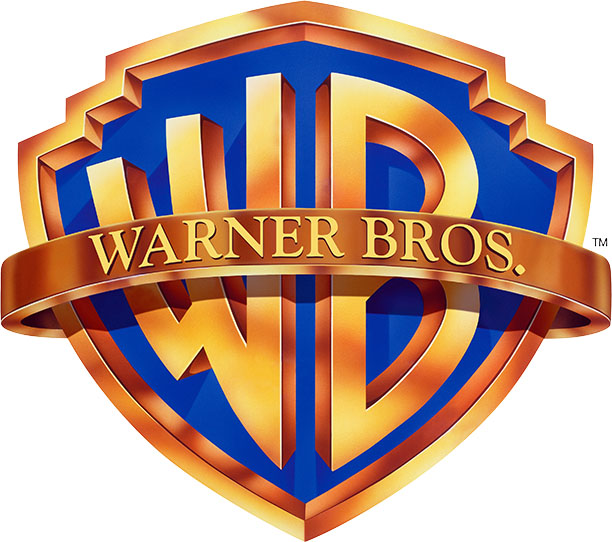Warner Bros. Presents Gift to Smithsonian
Warner Bros. Entertainment has made a $5 million donation to the Smithsonian’s National Museum of American History to establish a new theater to present the history of American film. The gift will enable the museum to transform its 46-year-old auditorium into a modern theater with 3-D capability. The auditorium will be renamed the Warner Bros. Theater when it opens next year.
The existing 270-seat Carmichael Auditorium will become a film theater with the installation of new technology, including digital 3-D projection. The theater will also have equipment to showcase films still in their original 35-mm reel format. The Warner Bros. Theater will be used for lectures, symposia, concerts and other programs and events as well.
In recognition of the gift, the Smithsonian will rename Carmichael Auditorium the Warner Bros. Theater when it opens. Leonard Carmichael, the seventh Secretary of the Smithsonian, will be recognized with a plaque in the theater’s lobby and in a small display about the history of the museum. The display case will be located at the National Mall entrance and will highlight the role of Carmichael and Frank Taylor—founding director of the museum; it is expected to open in December 2010.
“For more than a century, American movies have provided a strong and enduring national cultural connection that crosses generations,” said Brent D. Glass, director of the museum. “It continues to shape how we perceive ourselves and how people around the world understand our country. American film deserves a special home at our museum and the Warner Bros. partnership expands our capacity to tell this unique story and allow museum visitors to explore the legacy of American cinema.”
“Warner Bros. has a rich legacy of entertaining audiences for almost 90 years and truly realizes the importance and value of that history,” said Barry M. Meyer, chairman and CEO of Warner Bros. “This partnership with the Smithsonian, whose very name is the gold standard for the preservation and presentation of all things with historical significance, is a great step reminding people that movies and television shows are an important part of our shared culture. The Warner Bros. Theater will be a state-of-the-art venue for highlighting filmed entertainment and programs that are important to people.”
The story of film in the United States follows an industry that began as novelty entertainment and grew to be a global enterprise.
While the theater is under renovation, museum staff will develop public programming focused on the historical and cultural legacy of film. The Warner Bros. gift complements the museum’s existing entertainment and photo-history collections that include costumes, props and scripts from film and television as well as cameras, projectors and editing equipment. The museum’s collections include an 1890s motion-picture rotary lens; props from 1920s silent films; drawings from the first Mickey Mouse animated film, Steamboat Willie, made in 1928; one of the Technicolor motion-picture cameras used in 1939 to film The Wizard of Oz; and the ruby slippers Judy Garland wore in that movie.
When the theater opens, audiences will be able to experience how these objects were actually used in performance, and curators will provide commentary on the objects and films to further communicate their historical and cultural legacy.
The Warner Bros. gift also will enable the museum to establish a reserve fund that will provide for maintenance and general upgrades to the theater.
Warner Bros. Entertainment, a subsidiary of TimeWarner, creates, produces and distributes films, television programs, animated features, comic books and other creative content. Warner Bros. is based in Burbank, Calif. This donation marks the entertainment division’s first major gift to the Smithsonian.
The National Museum of American History collects, preserves and displays American heritage in the areas of social, political, cultural, scientific and military history. To learn more about the museum, check http://americanhistory.si.edu. For Smithsonian information, the public may call (202) 633-1000, (202) 633-5285 (TTY).
# # #
SI-405-2010
Melinda Machado
202-633-3129

